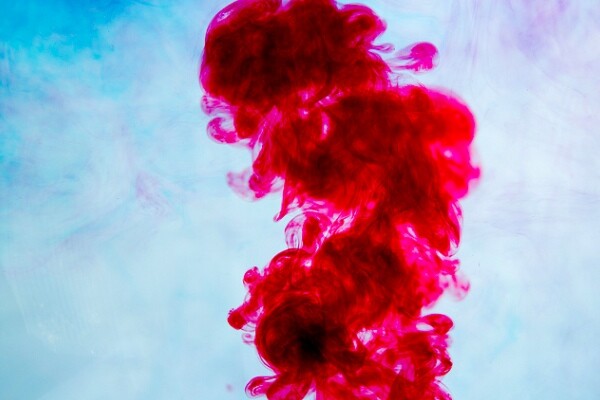The Problem with Buzzfeed's '8 Banned Foods' Piece

If your social media feed's anything like mine, last week it was bombarded with mentions of the much-linked post over at Buzzfeed entitled "8 Foods We Eat In The U.S. That Are Banned In Other Countries." It's the perfect kind of link-bait that Buzzfeed excels in, offering up readily-available information regarding everyday life but slanted in a way that gives readers the jitters.
For example, the article's first entry, all about how the U.S. utilizes artificial food dyes while other countries don't:
<b>Found in:</b> Practically everything we eat: cake mixes, sports drinks, cheese, candy, and even MACARONI AND CHEESE. <b>Why it's dangerous:</b> Artificial dyes are made from chemicals derived from petroleum, which is also used to make gasoline, diesel fuel, asphalt, and tar! Artificial dyes have been linked to brain cancer, nerve-cell deterioration, and hyperactivity in children, just to name a few. <b>Where it's banned:</b> Norway, Finland, Austria, France, and the U.K.
Other offenders that the U.S. allows that the rest of the world puts the kibosh on include Olestra (a substitute for cooking oil that causes, among other things, "anal leakage") and brominated vegetable oil (a way for food dyes to "stick" to liquid like sports drinks, while also perhaps causing a bunch of birth defects). As you can imagine, the whole thing's quite frightening, no doubt sending a whole bunch of readers right on over to their local organic grocer for a few weeks of system-cleansing as they try to rid their bodies of these horrific toxins caused by everyday items. The only problem with the piece, however, is that a lot of it isn't exactly correct. At least, that's what ABC News believes.
In a direct follow-up to the Buzzfeed post, they put together a point-by-point refutation, looking past the fact that they're banned by asking why they've been banned. And the results really aren't all that shocking when you think them through. Mostly, the foreign bans have been caused by political backdoor dealings, but sometimes it's simply based on misinformation.
For example, when it comes to potassium bromate, a chemical used to decrease baking time and reduce costs, Buzzfeed claims that it's been banned in Europe, Canada and China (true) because it's been linked to "kidney failure, cancer, and nervous system damage." (Iffy.) The truth's a bit murkier:
While repeated or prolonged contact to the chemical may cause asthma and skin sensitization, Lowe said that refers to the pure chemical and not 45 parts per million in uncooked flour. "If you're handling drums of the stuff at the plastics plant, you should be wearing protective gear. If you're eating a roll, no."
(Also worth pointing out: As this post at NPR points out, the folks at the site also apparently felt it necessary to remove links to evidence that was contradicting their claims, edits that seem a bit nefarious in nature.)
Which isn't to say that these artificial food dyes and chemical additives in our foods aren't cause for concern. They most certainly are. It's just not one that needs to perhaps do a bit more research on a topic before simply re-linking a post and spreading misinformation out into the world. Perhaps the biggest lesson in all of this is, you know, to not trust link-baiting websites as your only source for news.